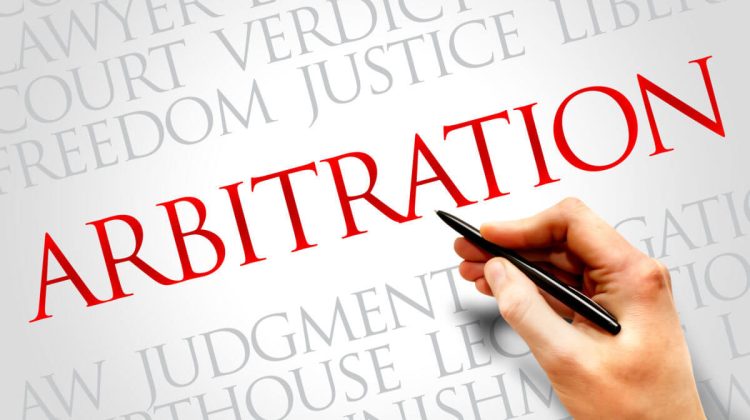
Resolving Disputes Amicably: The Power of Arbitration & Conciliation Law
In today’s fast-paced business and personal environments, conflicts are inevitable. Lengthy court proceedings often delay justice and strain relationships. Arbitration & Conciliation Law provides an effective alternative dispute resolution mechanism, enabling parties to resolve conflicts efficiently, privately, and amicably, while maintaining legal enforceability.
What is Arbitration & Conciliation Law?
Arbitration and conciliation are legal processes designed to settle disputes outside traditional courts.
-
Arbitration involves submitting a dispute to one or more arbitrators whose decision (award) is binding and enforceable by law.
-
Conciliation is a non-binding, voluntary process where a neutral third party helps disputing parties reach a mutually acceptable solution.
Key Features of Arbitration & Conciliation
-
Speed and Efficiency – Faster resolution compared to lengthy court trials.
-
Confidentiality – Proceedings are private, protecting business secrets and personal information.
-
Flexibility – Parties can choose arbitrators, venues, and procedures suitable for their needs.
-
Binding Decisions (Arbitration) – Arbitration awards are enforceable by law, similar to court judgments.
-
Cost-Effective – Reduces legal fees and procedural expenses in the long run.
When is Arbitration & Conciliation Used?
-
Commercial Disputes – Business contracts, trade agreements, partnerships, or shareholder conflicts.
-
Employment Disputes – Issues between employers and employees or service providers.
-
Construction and Infrastructure Disputes – Conflicts arising from projects, contracts, or performance.
-
International Trade Disputes – Cross-border business conflicts needing enforceable resolutions.
Advantages of Arbitration & Conciliation
-
Maintains Relationships – Encourages collaboration and reduces hostility between parties.
-
Expert Decision-Makers – Arbitrators or conciliators often have specialized knowledge relevant to the dispute.
-
Legal Recognition – Awards are enforceable under arbitration laws, providing certainty and security.
-
Encourages Settlement – Parties are motivated to reach a mutually beneficial agreement through conciliation.
Challenges and Considerations
While arbitration and conciliation are highly effective, they are not free from challenges:
-
Costs can escalate in complex cases if multiple arbitrators are involved.
-
Enforcing conciliation agreements requires voluntary compliance.
-
Awareness and understanding of procedures are limited among many individuals and small businesses.
Conclusion
Arbitration & Conciliation Law is a vital tool for modern dispute resolution. By offering faster, cost-effective, and amicable solutions, it preserves relationships, reduces court burden, and strengthens trust in legal systems. In an era where efficiency and cooperation are key, this law empowers parties to resolve conflicts constructively and confidently.







